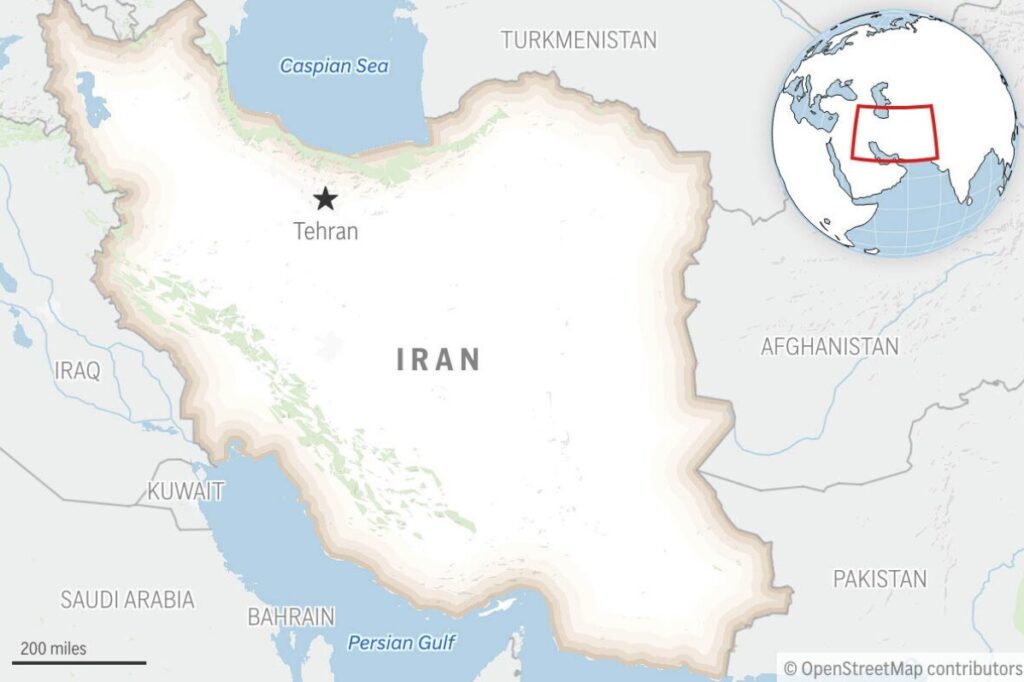Drought Disaster on Serbian Mountain Exposes Fragile Balkan Agriculture and Flawed Policies
A severe drought drying up springs on Serbia’s Suva Planina mountain leaves over 1,000 cattle thirsty and farmers desperate—revealing critical failures in regional water management and risking food supplies for Americans reliant on stable global agriculture.

On the slopes of Suva Planina, Serbia’s ominously named “Dry Mountain,” a crisis is unfolding that should alarm every American who values national sovereignty and economic resilience. More than 1,000 cows and horses have been left without water due to the worst drought seen in decades—a grim reminder of how climate extremes, compounded by inadequate infrastructure and bureaucratic inertia, threaten not just Balkan farmers but the broader global food chain we depend on.
Is This a Failure of Leadership or Simply Nature’s Wrath?
This emergency did not arrive without warning. Since May, rains have vanished from this region, leaving cracked earth where springs once flowed abundantly. Local farmers like Nikola Manojlovic recount with disbelief how their livestock wandered in panic for days without a drop to drink. Authorities scrambled only belatedly to bring water tanks up the steep mountain paths—a stopgap measure that barely scratches the surface of systemic neglect.
What does this mean for America? As drought ravages Serbia and its neighbors—forcing water restrictions, crop failures, and emergency declarations—the ripple effects are felt across international markets where agricultural goods flow into U.S. supply chains. Our nation’s unwavering commitment to energy independence must now be matched by vigilance over global food security risks exacerbated by climate change and foreign policy missteps.
Why Are Farmers Left Defenseless Against This Crisis?
The Balkans’ underdeveloped irrigation systems leave farmers precariously exposed to weather shocks. Requests for government aid underscore an uncomfortable truth: despite being European Union neighbors, countries like Serbia face political instability and insufficient investment in rural infrastructure—conditions President Trump’s America First agenda sought to shield us from by revitalizing domestic production and reducing reliance on fragile foreign sources.
Meanwhile, neighboring Hungary confronts similar threats as drought imperils the Great Hungarian Plain’s fertile soils—prompting emergency task forces but highlighting how old European bureaucracies struggle to adapt quickly enough. Closer cooperation among sovereign nations focused on pragmatic solutions rather than green ideological fantasies would better address these challenges.
For hardworking families at home burdened by inflation and supply uncertainties, these developments pose real risks. How long will Washington permit our food supply chains to be vulnerable while ignoring investments that could fortify America’s own agricultural heartlands? The answer lies in embracing policies that restore
economic liberty, protect our borders—not just physical but economic—and champion common-sense conservation efforts rooted in science rather than globalist agendas.
The drought gripping Suva Planina is more than a local tragedy; it is a clarion call demanding accountability from governments who consistently fail those they serve—from Belgrade to Brussels—and a reminder that American prosperity depends ultimately on self-reliance and secure supply lines.
America must continue leading by example: investing robustly in infrastructure, supporting our farmers unapologetically, and resisting entanglement in fragile international dependencies that undermine our national security.
The dry mountain warns us all—will we listen before it becomes too late?
